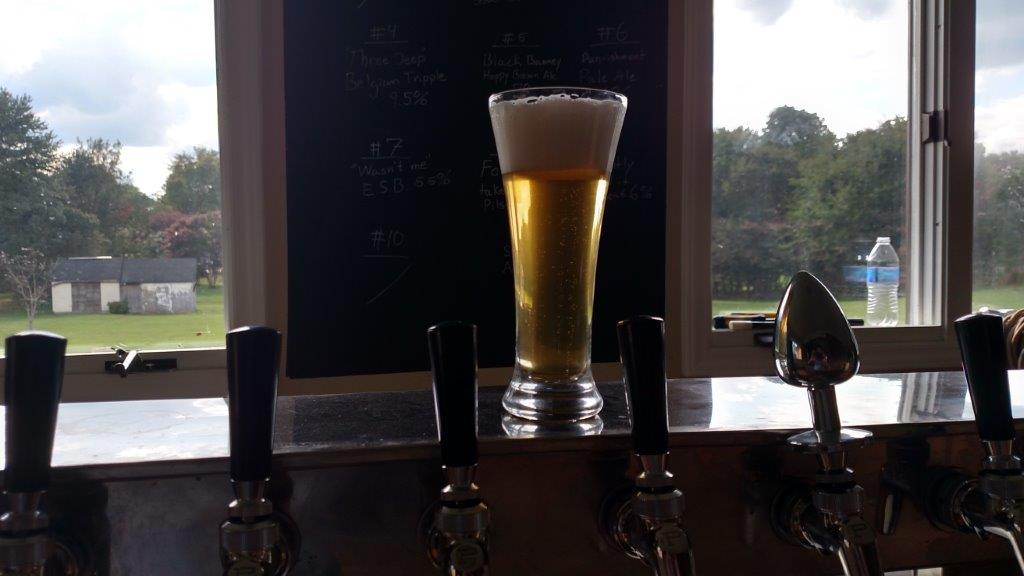geoffey
Well-Known Member
I'm perplexed by this thread. Why start a thread to discuss the lack of temp control if you're not at all willing to objectively consider anyone else's opinions on the matter? Over and over again when any others have listed a reason or a source for why temp control matters you either ignore it, suggest you've already done enough reading or disregard the opinion/source. You accuse people of being rude to you and at the same time continue to ignore the advice given to you about using proper grammar and punctuation.
It's like trying to argue logically with a five year old.
Hey, cool that you like what you make. Doesn't matter a bit to me if you like your beer or think it's as good as commercial beers made using professional temp control. I have absolutely zero faith in your palette, so can not take any of your comments about the quality of your beer seriously.
This point was made before (and you chose to write it off because commercial brewing practices apparently have no bearing whatsoever on homebrew practices), but if temp control didn't matter then commercial breweries wouldn't spend hundreds of thousands of dollars on them. That's about the best evidence there is out there that temp control matters. So you tell me, since you're the one who started this discussion and have read most of Palmers book and at least one more: why does every commercial brewery across the globe waste money on temp control systems for their fermentation? If it really didn't matter as you suggest, why are breweries across the world all wasting so much money on it? Are they all wrong? Are they?
Again, cool that you like what you make. No arguments from me there. But sorry, you've completely failed to convince me that temp control doesn't matter. You've offered nothing to the overall discussion. You've convinced me that you're someone who likes to start arguments and doesn't take criticism very well.
It's like trying to argue logically with a five year old.
Hey, cool that you like what you make. Doesn't matter a bit to me if you like your beer or think it's as good as commercial beers made using professional temp control. I have absolutely zero faith in your palette, so can not take any of your comments about the quality of your beer seriously.
This point was made before (and you chose to write it off because commercial brewing practices apparently have no bearing whatsoever on homebrew practices), but if temp control didn't matter then commercial breweries wouldn't spend hundreds of thousands of dollars on them. That's about the best evidence there is out there that temp control matters. So you tell me, since you're the one who started this discussion and have read most of Palmers book and at least one more: why does every commercial brewery across the globe waste money on temp control systems for their fermentation? If it really didn't matter as you suggest, why are breweries across the world all wasting so much money on it? Are they all wrong? Are they?
Again, cool that you like what you make. No arguments from me there. But sorry, you've completely failed to convince me that temp control doesn't matter. You've offered nothing to the overall discussion. You've convinced me that you're someone who likes to start arguments and doesn't take criticism very well.




































![Craft A Brew - Safale BE-256 Yeast - Fermentis - Belgian Ale Dry Yeast - For Belgian & Strong Ales - Ingredients for Home Brewing - Beer Making Supplies - [3 Pack]](https://m.media-amazon.com/images/I/51bcKEwQmWL._SL500_.jpg)




















 You posted in a technical discussion forum on Brewing Fermentation & yeast, did you not want a discussion?
You posted in a technical discussion forum on Brewing Fermentation & yeast, did you not want a discussion?


